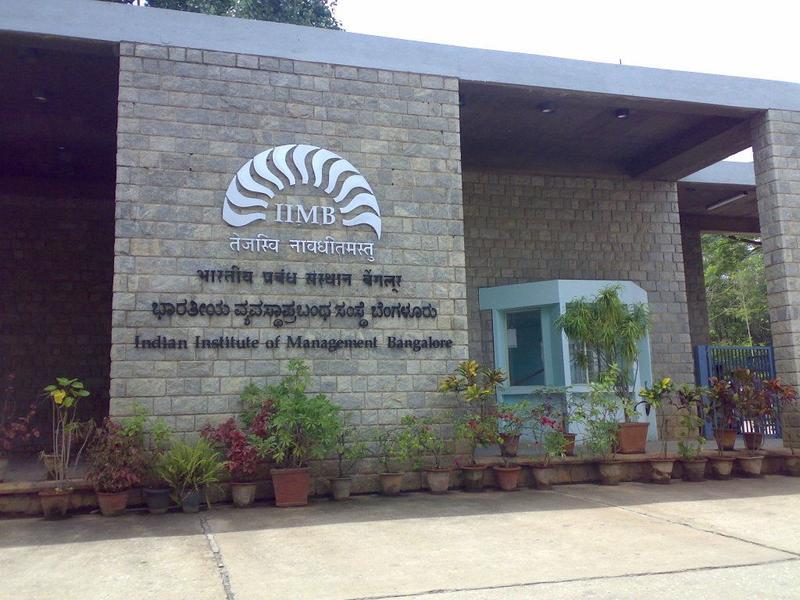
The Ministry of Human Resource Development (MoHRD) of the Government of India (GoI) is in a tussle with the boards of the Indian Institutes of Management (IIM) over several proposals in the Indian Institutes of Management Bill, 2015, but the fiercest debate has been over reserving faculty positions. The government insists on a quota system, but the IIMs say the reserved category lacks talent and affect quality. Missing from the debate on the bill has been two important issues—the talent shortage in academics, and the government’s failure in implementing the reservation policy.
First, we must admit the shortage of talent in academics. Every year, more of the best students choose better paying corporate jobs over a PhD course and academics, which lacks a welcoming environment, and recognition beyond lip service by society and government. This trend is even truer for students from marginalised communities who lack social capital and have pressing economic and emotional commitments to find a job. So, there is at least partial merit in the argument against imposing the quota system for faculty at the IIMs.
Second, several committees included a parliamentary committee headed by Rajen Gohain, a BJP MP, found that the GoI failed to enforce reservation in faculty appointment and promotion at centrally funded institutes (CFI) for years although the GoI is the sole funder of CFIs and has better control over these than over the IIMs. E Muralidharan, an IIT Madras alumnus, censured CFIs that routinely cite that the ‘candidate is not found suitable’ to flout the quota policy. When this was reported in the media, there was scathing public criticism of CFIs, and civil rights and Dalit activists reprimanded them for discriminating against students from the reserved category at the interview and in the final selection.
But the autonomy granted to the IIMs, CFIs, and other elite educational institutions does not supercede the guarantee of affirmative provisions in the Constitution of India, and the principle of merit cannot be inimical to the principles of natural justice and human dignity. On the other hand, it is unrealistic to expect elite, merit-crazed Indian educational institutions to implement the quota for appointing and promoting faculty without first implementing the quota at the research level.
Therefore, the solution is to implement the reservation policy at the Masters and PhD level first, and properly, to create a pool of the best talent interested in an academic career. In 2008, the MoHRD mandated elite CFIs to ensure representation of marginalised communities among PhD students and the faculty, but the quota system is so grossly violated that it is natural to suspect that CFIs abuse their autonomy.
The MoHRD should review the quota policy for appointing and promoting faculty, and mandate elite educational CFIs to notify the total strength and the quota of reserved seats. Before insisting on a quota for appointing faculty from marginalised communities to the IIMs at least for some years, the GoI can guarantee students from marginalised communities entry to the PhD/Fellow programme of IIMs, provide them full grants, and appoint the best Fellows to faculty positions. It can also offer grants to those students from deprived communities who secure PhD admission in world’s best business school. This will attract talent from marginalised communities to research and teaching.
Implementation of the quota policy is a constitutional requirement of the government and a moral and social responsibility. If the government does not implement the policy, it will prove that its rhetoric against the backdrop of protests since the suicide of PhD scholar Rohit Vemula is an attempt to restore its image and not an expression of commitment to the Dalit cause.
Gourishankar S Hiremath teaches Economics and Political Economy at the Indian Institute of Technology Kharagpur. The views expressed are personal.











































